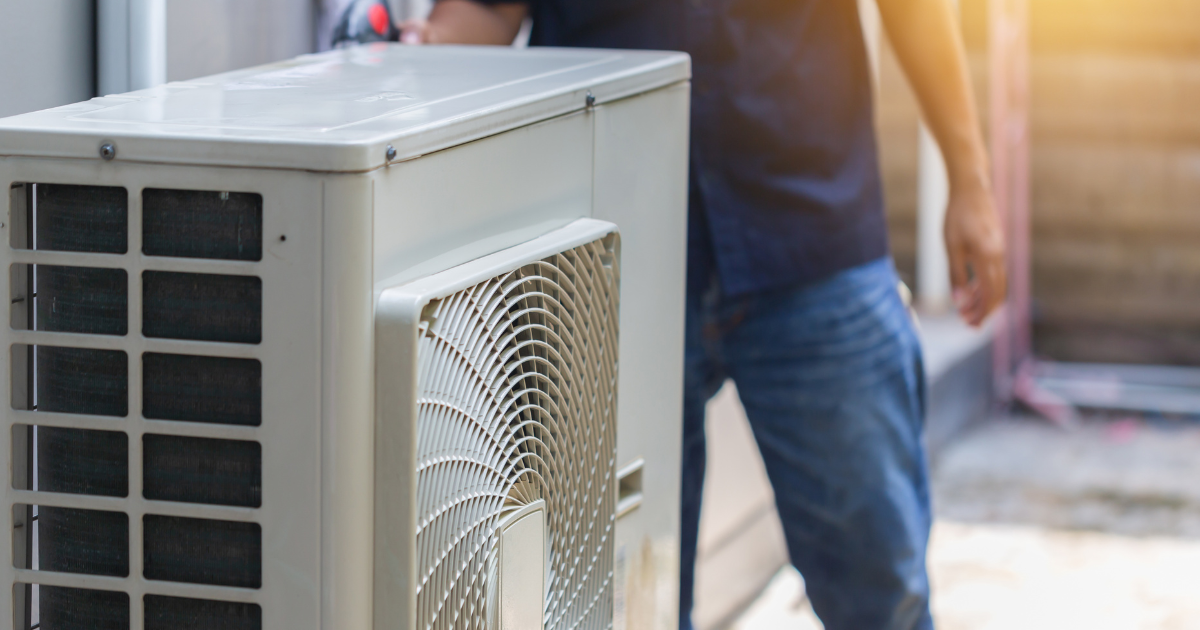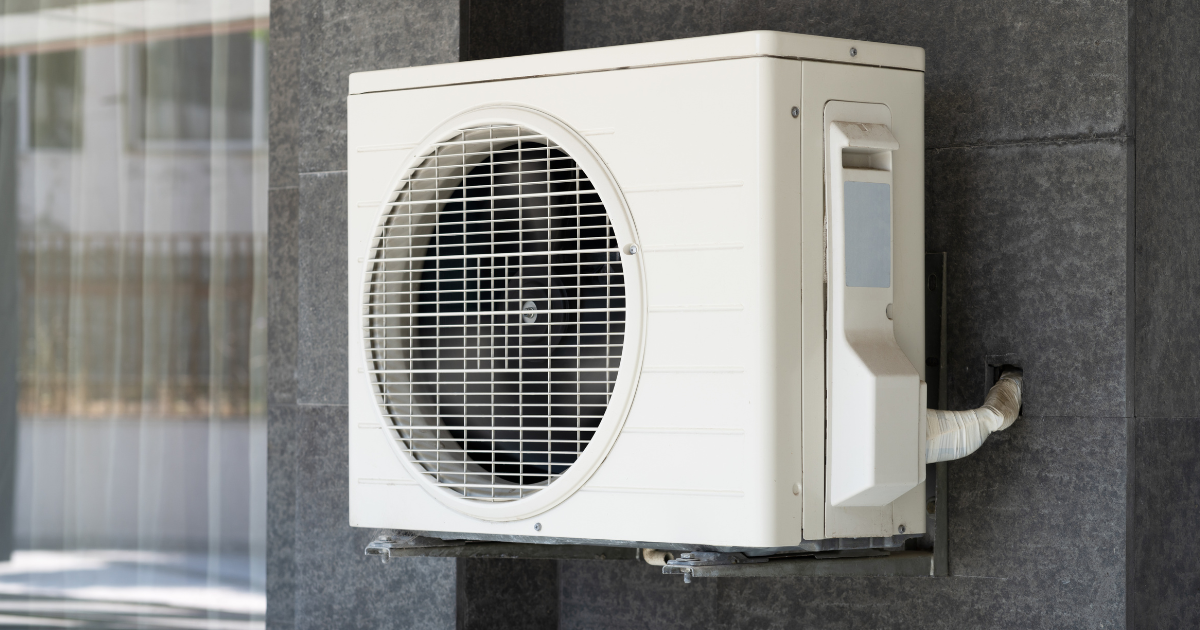Learning About Your HVAC Can Pay Off
Buying a new home is an exciting experience — but it’s also one filled with hurdles, and requires constant learning. If this is your first home, you may become overwhelmed by the number of tasks that are now yours to manage. Remember all of those issues your landlord took care of on your behalf? They’re now your responsibility; including those related to the heating, ventilation, and air conditioning.
As a new homeowner, it’s crucial to learn everything you can about your property, so you can ensure it runs smoothly, efficiently, and safely. The School of Refrigeration indicates that HVAC systems account for as much as 45% of our utility bills — making it even more important to pay attention to your HVAC system, if you want to avoid sudden high expenses.
Here are some HVAC basics all new homeowners should learn:
Size and Age are Things To Consider
The first step in evaluating the efficiency (and remaining lifespan) of your home’s HVAC system is to determine the manufacture date of the machine. Most systems in the United States last between 10 and 15 years; and while some can function perfectly for decades, many begin to stutter and fail after 10 years, when repair issues emerge more frequently.
It’s not just the age of your system that has an impact on its function and efficiency. Many homeowners don’t realize that the size of their AC unit may be incorrect. Until recently, it was common for companies to install oversized systems into a home — unfortunately, this compromises system longevity and energy efficiency, through issues of short-cycling. To check whether the air conditioning system in your new home fits the structure, call a professional HVAC technician for a proper inspection.
Regular Inspections Are Important
It’s easy to assume that a general inspection of your new home will automatically cover any issues evident in your HVAC system — the truth is that most of the time, if there isn’t a visual problem, your heating and cooling will be marked as functional. It’s important to ask for the report from the latest HVAC inspection the house received, so you can identify pre-existing problems and potential issues.
On average, your HVAC system needs checking twice a year. During these visits, the technicians should conduct a number of services; including cleaning and inspecting coils, replacing or adjusting fan belts, inspecting and cleaning fans and blowers, checking refrigerant, lubricating bearings and motors, and tightening all electrical connections.
Your System’s Efficiency May Need Tweaking
Once you know the history of your HVAC system, you should check how its current efficiency levels may impact you in the future. For instance, ensuring that all air filters are clean before you run the machine at full blast will reduce the amount of energy you use; air cannot flow as easily through clogged filters. Other aspects to consider include:
1. Leaks in your ducts — Make sure you aren’t losing air flow in your ducts, by holding a candle near the connections, to see whether the flame (or smoke) remains stable. If it wavers, you could have a leak.
2. Proper insulation — The right insulation can dramatically improve the efficiency of your system, making your utility bills less severe.
3. Placement of units — Ensure that your condenser unit and thermostat aren’t situated in areas that receive a lot of direct sunlight, as this can lead to misunderstandings in the way your system works.
It’s Possible to Spot Common Signs of Malfunction
Once you’ve thoroughly evaluated the HVAC system in your new home, educate yourself on the most common signs that could indicate failure, or malfunction, in the future. Identifying certain symptoms can help you troubleshoot issues and repair them faster. For instance, look out for:
1. Lack of airflow — Your HVAC system may be cooling and heating as it should, but a blocked air filter, or faulty blower, could be impacting the amount of treated air you receive.
2. Unchanging temperature — If you can feel the airflow from your HVAC system, but no change in temperature, this could be a sign that your refrigerant levels are low; meaning you need to charge the compressor, or fix a leak.
3. Strange noises — Rumbling, creaking, or popping sounds may indicate mechanical damage to the bearings, motors, or other moving parts in your HVAC.
Caring for Your HVAC System
Your HVAC system is an investment in the comfort of your family — just like the overall investment you made on your house. When you buy a new house, check the HVAC system thoroughly, make sure it’s the right system for your home, and educate yourself on proper maintenance and repair. Sometimes, being a good homeowner is all about recognizing what you don’t know. For issues you aren’t sure of, or can’t solve on your own, call an expert HVAC technician to help assess your system, and ensure it’s functioning efficiently. Arm yourself with the right knowledge, and you’ll be able to save money on utility bills, and make the most of your new property.

Bob Jenson
For over 45 years, Bob Jenson has been providing quality heating and air services to the San Diego community.
Request Service
Please fill out the form below to request an estimate or schedule service.
"*" indicates required fields







